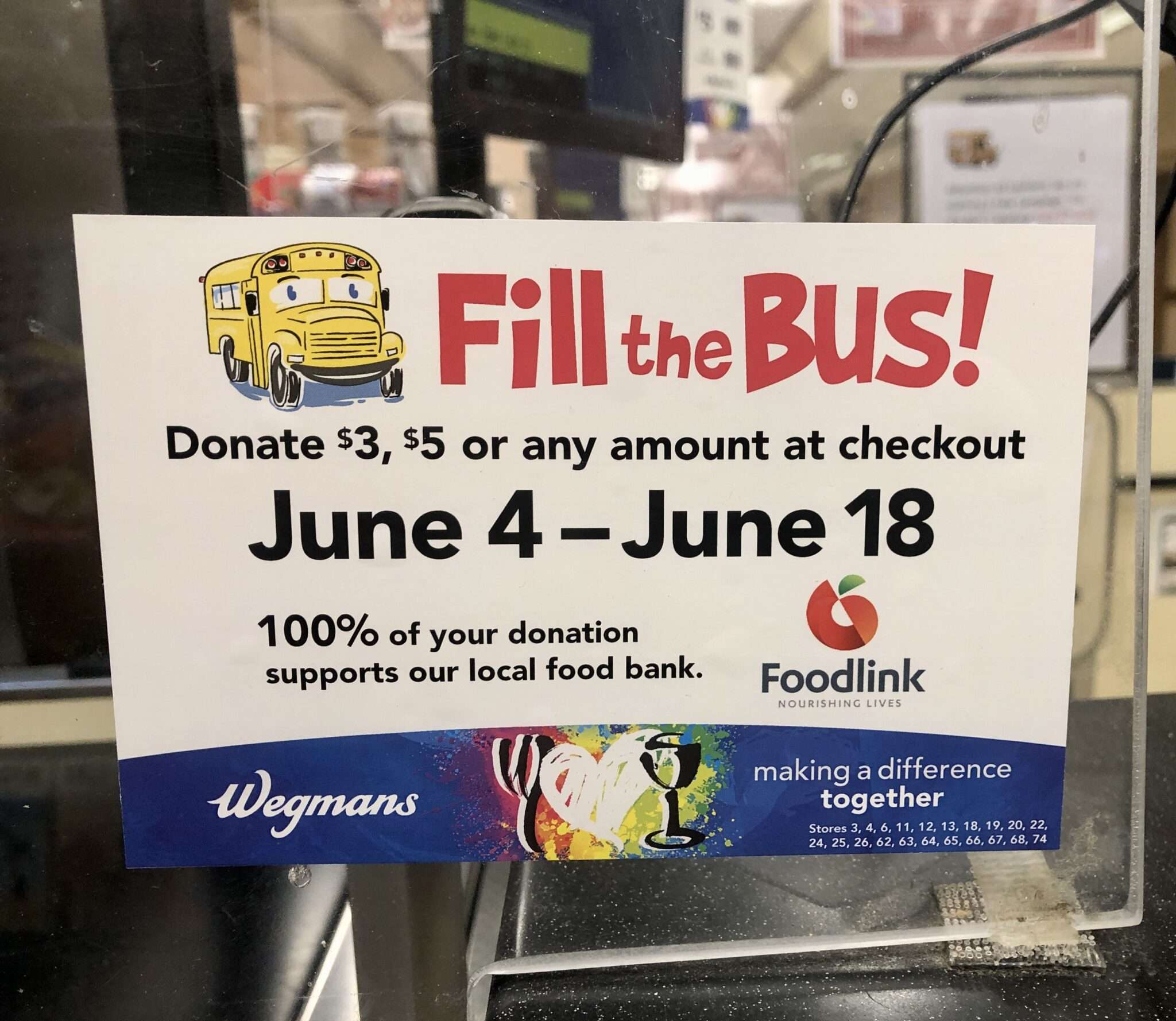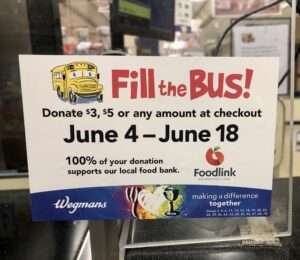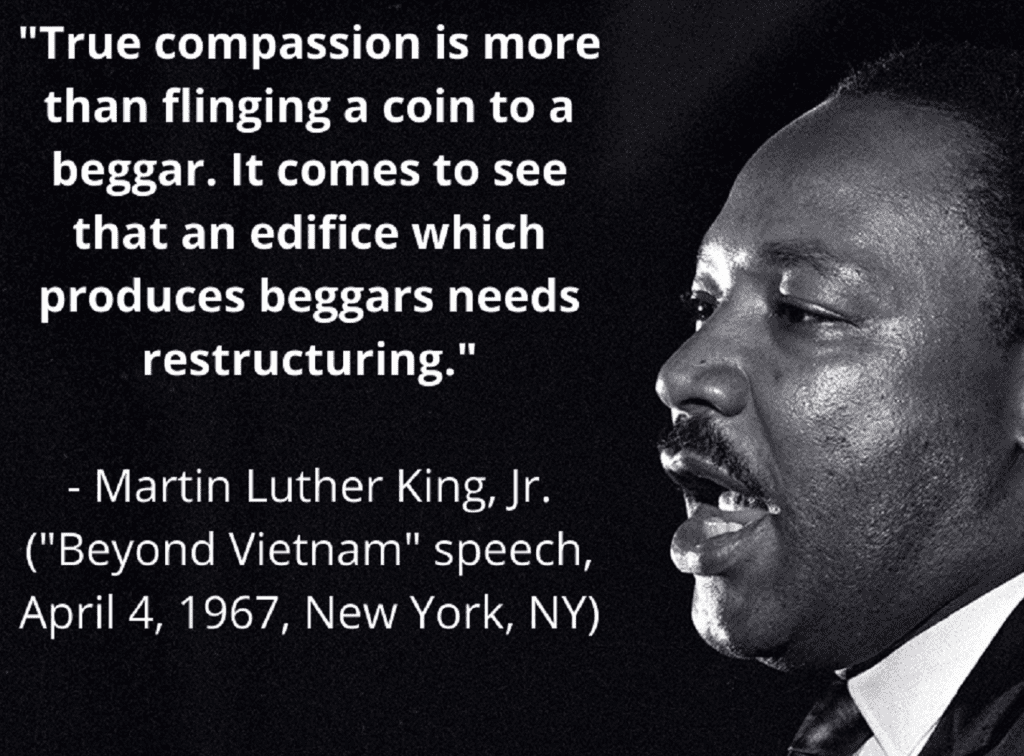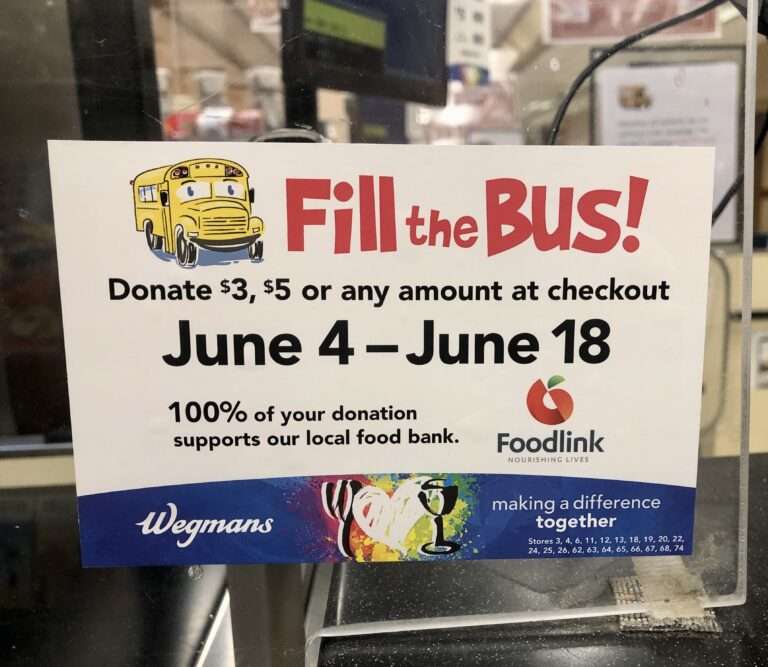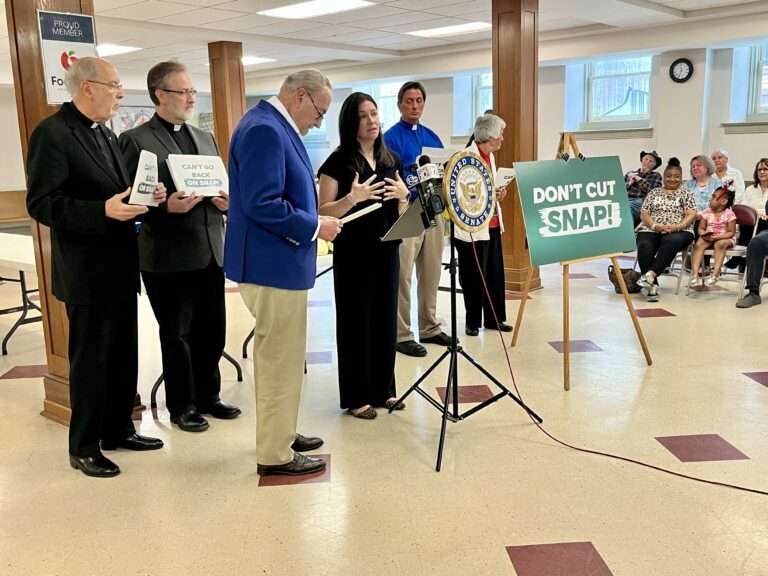Dr. Martin Luther King, Jr. was dedicated to building the nation’s largest multi-racial coalition of poor people to demand fundamental change to our society and economic system. He believed in the defense and expansion of civil rights, and that the scale of change required could only come through the involvement of those most directly affected by the evils that plague the nation.
While much progress has been achieved in the past five decades, we continue to see the manifestation of the evils he condemned in the long lines for food distributions, in the death disproportionately visited on Black and brown communities by COVID-19 and the criminal justice system, and most recently in the tragic events of January 6 in Washington D.C.
While we believe that the stains of violence and white supremacy on display for the world to see in our capital must be addressed, we also believe that that the everyday experience of poverty and hunger is another form of violence in our communities – albeit one often hidden from view. We are steadfast in the conviction that our work as an organization is not just to feed people today, but to contribute to a movement that eliminates the chronic need for our services. Foodlink shares Dr. King’s belief that charity alone could not create true and lasting change.
Foodlink strives to be “the Good Samaritan on life’s roadside” that Dr. King described in his 1967 “Beyond Vietnam” speech. We are committed to nourishing the communities we serve and ensuring that high-quality, healthy food is widely available to all people; involving poor people in our work by creating opportunities for participation and leadership in our programs and services; and continuing to advocate for policies and legislation that leads to systemic change to our political and economic systems. We continue to work toward our mission, and Dr. King’s vision of a beloved community.
“A true revolution of values will soon cause us to question the fairness and justice of many of our past and present policies. On the one hand we are called to play the Good Samaritan on life’s roadside, but that will be only an initial act. One day we must come to see that the whole Jericho Road must be transformed so that men and women will not be constantly beaten and robbed as they make their journey on life’s highway. True compassion is more than flinging a coin to a beggar. It comes to see that an edifice which produces beggars needs restructuring.”
